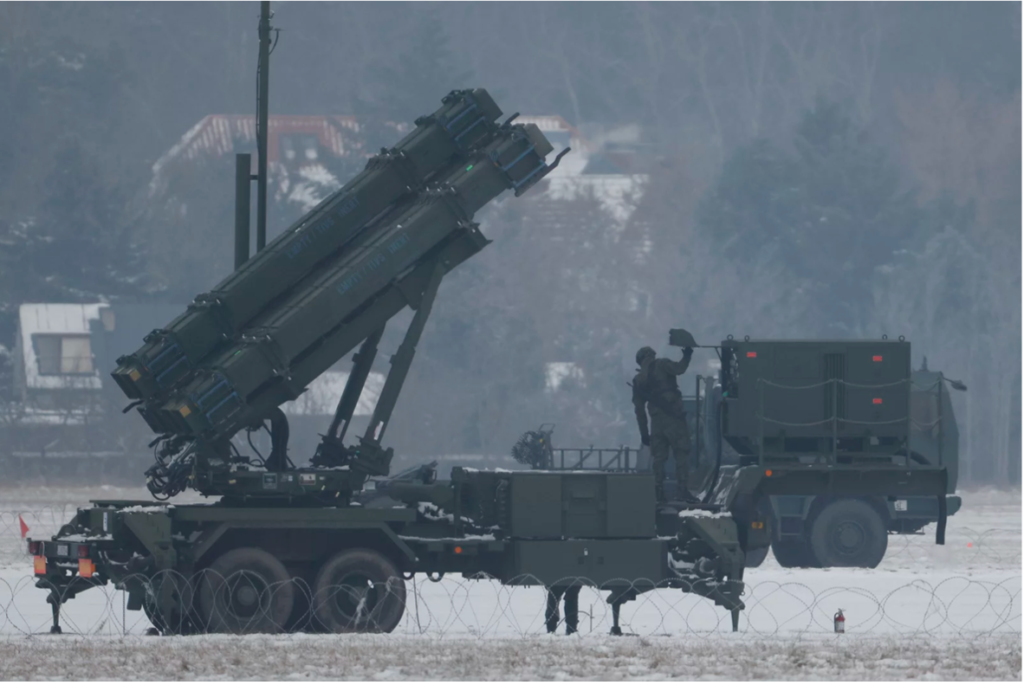RTI Connext is a software framework that enables interconnectivity between weapon systems and command formations at every level. As the world’s leading Data Distribution Service (DDS™)-based solution, Connext moves operational data in a robust, secure, real-time manner– even in denied, degraded, intermittent or limited (DDIL) conditions. DDS provides the standard and data connectivity bridging applications resident in weapons, sensors and C2 systems. This vendor- and network-agnostic system of systems approach guarantees interoperability between legacy and new systems.
DDS in the News
So, what is the operational advantage that DDS brings to the warfighter? Deployed in over 1,000 Aerospace & Defence systems, DDS moves data between sensors and effectors in real-time. As weapons systems become more software-defined and data-driven, DDS allows real-time system updates of new functional capabilities even during active deployment. An example of the type of system that can benefit from this is the Patriot Missile system, deployed to Ukraine to support the air defence mission. Weapon system manufacturers can upload new algorithms without taking the system out of service, greatly enhancing operational availability and system effectiveness.
What’s happening with Patriot right now depicts the story of several global defence trends. The Ukraine took delivery of Patriots, updated the software, and successfully shot down Russia’s latest hypersonic missile.

Recently, Houthi missiles have been successfully intercepted by US Navy destroyers employing the AEGIS weapon system. Aegis is designed for interoperability between ships’ on-board and offboard sensors and its weapon systems, including surface to air missiles and guns, through a real-time command and control system for human-in-the-loop decision-making. The initial detection of the target, tracking sequence, threat assessment and weapon assignment, through to missile launch and interception of the threat, must happen in a matter of milliseconds to achieve a successful engagement. The DDS framework is a crucial element of sensor-to-shooter networks, moving data in a fast, secure, and robust manner.
DDS From Edge to Cloud
The US and Canada military forces are migrating towards cloud-based command and control (CBC2) systems to provide a higher degree of centralized data control and distribution. Cloud-based systems are largely focused on the storage, processing, collation, and analysis of both enterprise and operational data.
To understand the application of DDS in a cloud environment, one must first appreciate the time-criticality of the data. Though many web services and Java-based applications are available to cloud users, they are not compatible with hard real-time weapon system response requirements. This is the domain where DDS excels.
The DDS framework provides a standard messaging implementations between non-real time applications like CBC2 and extreme real-time weapon systems where milliseconds matter.
DDS From Edge to Cloud
The US and Canada military forces are migrating towards cloud-based command and control (CBC2) systems to provide a higher degree of centralized data control and distribution. Cloud-based systems are largely focused on the storage, processing, collation, and analysis of both enterprise and operational data.
To understand the application of DDS in a cloud environment, one must first appreciate the time-criticality of the data. Though many web services and Java-based applications are available to cloud users, they are not compatible with hard real-time weapon system response requirements. This is the domain where DDS excels.
The DDS framework provides a standard messaging implementations between non-real time applications like CBC2 and extreme real-time weapon systems where milliseconds matter.